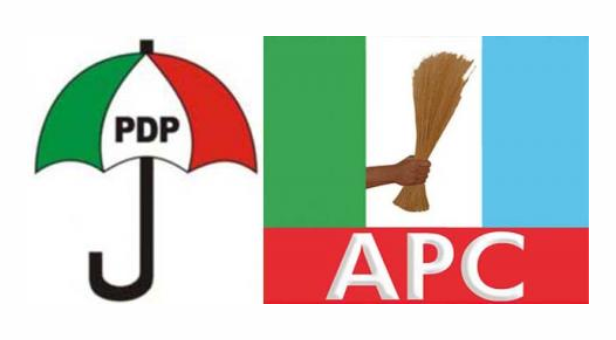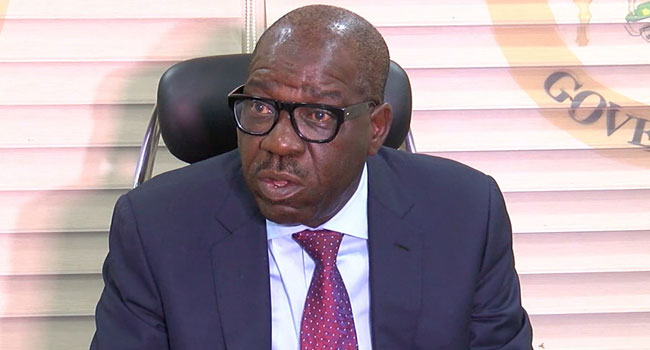The House of Representatives on Tuesday called for effective implementation of programmes aimed at tackling extreme poverty in the country.
The call was sequel to a unanimous adoption of an Urgent Motion of National Importance move by Rep. Muhammed Wudil (Kano-APC) at plenary.
Moving the motion earlier, Wudil said UN General Assembly passed a resolution which adopted Oct. 17 as International Day for the Eradication of Poverty.
He said the 25th anniversary of the resolution was a wake-up call for governments across the world to rise up to the challenges of providing basic necessities of life.
“Efforts of the Federal Government to eradicate poverty in Nigeria through the 2017 budgetary provision for the Special Intervention Fund to cater for unemployed youths, women empowerment and job creation has not impacted positively on the country,’’ he said.
According to him, UN report on Nigeria’s Common Country Analysis (CCA) published in 2016 described the country as one of the poorest.
The lawmaker said the report showed that over 80 million Nigerians or 64 per cent of the country’s population lived below 1.9 dollars a day.
READ: Senate summons Fayemi over Zamfara lead poisoning
In his contribution, Rep. Mohammed Monguno (Borno-APC) said the North-East was the least developed zone in the country and that poverty was endemic in the zone.
He said the only way to eradicate poverty in the zone was by conscious investment in agriculture for job and wealth creation.
Also, Rep. Hulayat Omidiran (Osun-APC) said the South-West was equally feeling the pains of hardship.
Omidiran said that the poverty in the land was unusual as the people now begged for food without shame, a situation hitherto, was unheard off in the zone.
She said lawmakers representing the zone were also feeling the pinch of extreme poverty in the area.
She therefore urged the Executive to ensure that the various poverty alleviation programmes got to the right beneficiaries.
Also speaking, Rep. Nkeiruka Onyejeocha (Abia-PDP) said that in dealing with poverty, there was need to address the basic issues of infrastructure.
She said government must fix the roads, hospitals, schools and other social amenities needed to raise the standard of living.
Onyejeocha said that in a situation where government could not increase salary, cost of schools and hospitals could be subsidised to address extreme poverty.
She said the house must insist on 100 per cent budget implementation, adding that 30 per cent implementation was not acceptable.
In his contribution, Rep. Wale Raji (Lagos-APC) said a situation where less than 10 per cent of the nation’s populations control over 90 per cent of national resources was unacceptable.
He said there was need to take a critical look at the managers of the economy with a view to ensure optimum performance.
Raji called for upward review of minimum wage as a means to address extreme poverty in the country.
The house urged government to promote the establishment of small and medium enterprises and to ensure the achievement of Sustainable Development Goals




